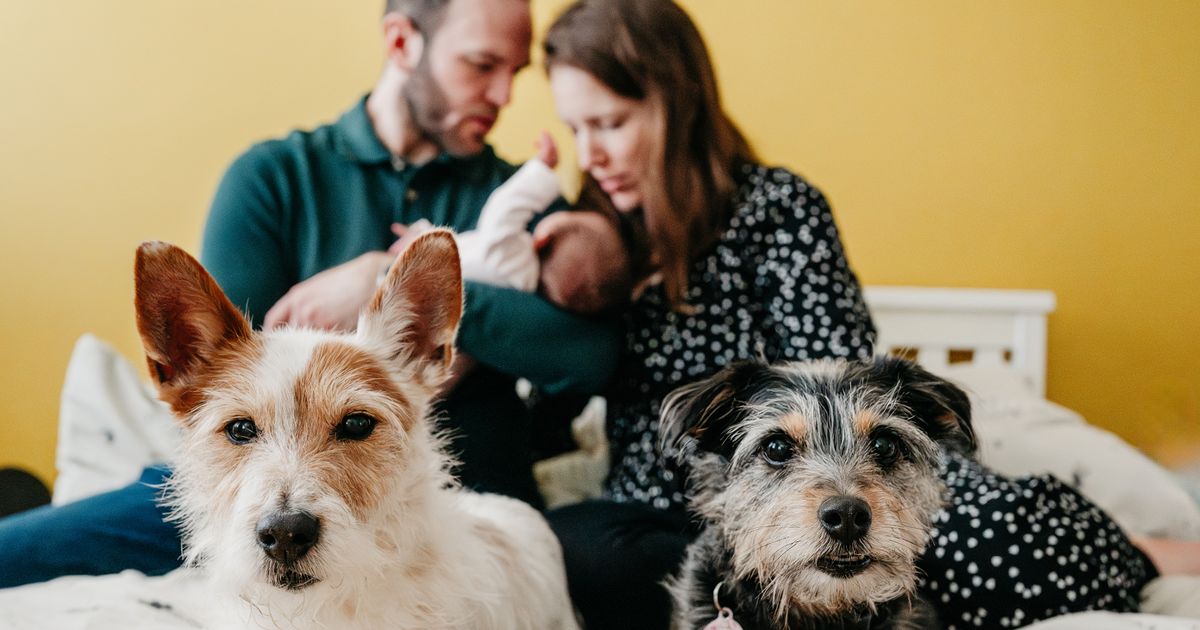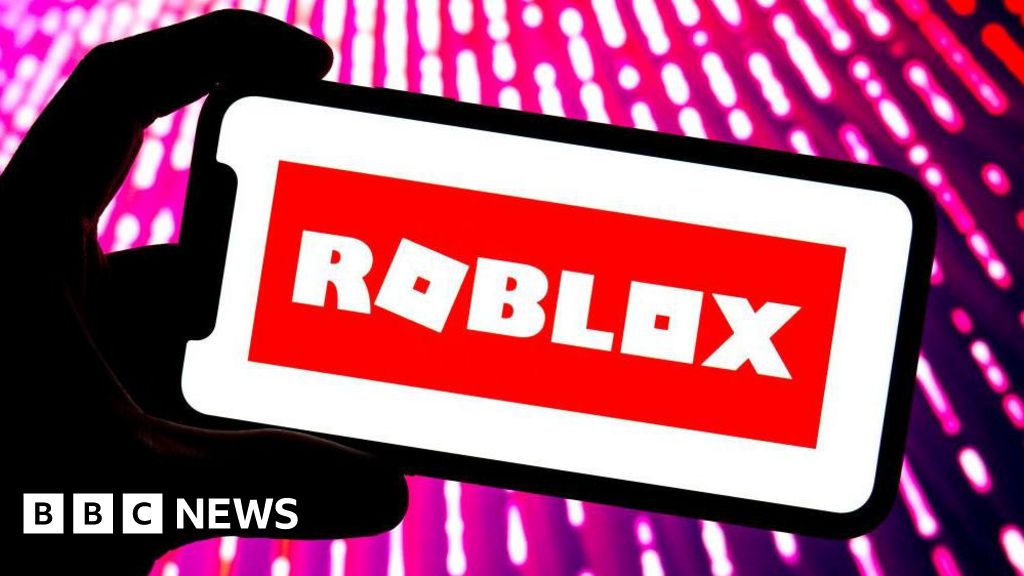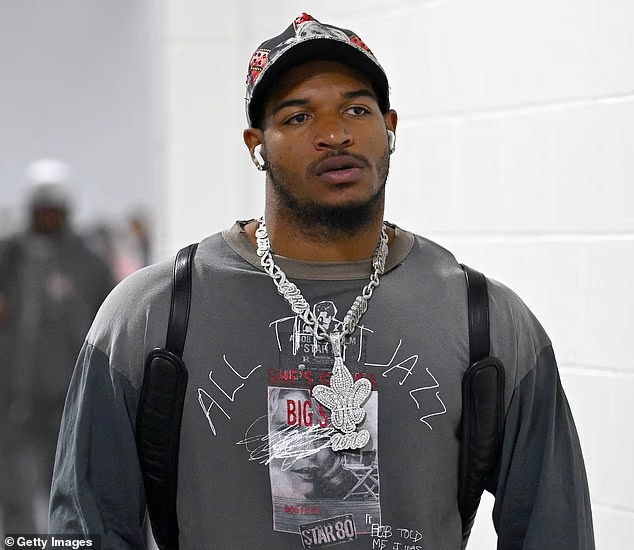Having a baby is exciting, but stressful – and a furry friend in residence can complicate things even further. Just ask Star Paws columnist Catherine Lamb
Any big changes can make your dog anxious. So before welcoming our first child into the world, my husband and I knew we had a lot of work to do.
It took a lot of preparation and patience, but these days our daughter Theia has a very special bond with our Jack Russell Terriers Wilbur, 13, and Paisley, nine.
Here’s how to get your pooch ready for your little one’s arrival…
Planning ahead
The earlier you start preparing your furry friend, the better…
• Play baby sounds. The high-pitch cry of a newborn can scare pets. Get them used to the sound by playing recordings of babies crying. Start with short, quiet sessions and build it up slowly.
• Set up baby equipment. Get your cot set up before your baby is born so that your pooch is used to it. Allow them to sniff and investigate, and reward them when they do so.
• Brush up on training. Having a newborn and an unruly dog in the house is hard work. Before your baby is born, go over the basics, such as recall, settle and leave.
• Practice walks. Get your pooch used to walking beside the pram ahead of time. Give lots of praise and treats when they walk calmly beside it.
• Install baby gates. It’s a good idea to install them early so your furry friend and newborn are able to have time away from each other if needed.
• Get toy boxes. Children’s toys and dog toys may get easily mixed up. Separate them into two different toy boxes to avoid confusion, and tidy them away once playtime has finished.
• Create a safe space. Put your dog’s bed in a quiet area of the house so they have somewhere to retreat to if they need it. Ensure your baby leaves them alone while they are there.
• Adjust their routine. Your pup’s schedule may change when the baby arrives. Gradually ease them into what you think their new one may be ahead of time.
• Arrange their care. Find a family member or friend to take care of your pooch while you’re in hospital and pack an overnight bag for them.
First encounters
It’s vital that you introduce your dog and baby safely…
• Give them a babygrow. Let your dog have a worn item of your baby’s clothing to sniff. This will help get them used to your newborn’s scent.
• Tire them out. Ensure someone has taken your pooch out for a nice long walk before you introduce them to the baby. This will allow for a calm first introduction.
• Greet your dog first. When you come home from the hospital, your furry friend is likely to be excited to see you. Say hello to them without your baby initially, in case they jump up.
• Give them plenty of praise. Make it a completely positive experience for your pooch by rewarding calm behaviour, interest shown in the baby, and not forcing them to do anything.
• Stay calm and relaxed. Dogs pick up on our emotions so if you seem nervous, your pooch may become anxious too. Try to relax and use a soft, calm voice.
The early days
Keeping a close eye on your baby and pet while they are still getting used to each other…
• Supervise at all times. Do not leave your baby and dog alone under any circumstances. If you have to leave the room, ensure they are completely separate.
• Get them toys. You won’t be able to give your furry friend the same amount of attention as before so get them treat dispensers to keep them entertained while you are tending to the baby.
• Include them. Our furry friends are part of the family, so make sure to include them as much as you can. This way they won’t feel left out and start to resent the baby.
• Take advantage of nap time. Spend some quality time with your canine companion when your baby is sleeping, or tie in nap time with a walk.
• Be kind to yourself. Caring for a baby and a dog is tough. Reach out to family members and friends when you need it – even if it’s just to take your pooch for a walk.
Planning for toddlerhood
Once your baby starts crawling, they will want to investigate and play more…
• Teaching manners. Babies love to investigate but can play roughly without realising. Make sure to encourage gentle stroking.
• Feeding time. Once you start to wean, think about where you want your dog to be when your baby is eating. You don’t want them getting to dropped food – especially if it isn’t safe for them.
• Helping out. When your baby is old enough, you can get them to help out with your pooch. Children love to be included.
By staronline@reachplc.com (Catherine Lamb, Meg Jorsh)
Source link




Leave a Reply